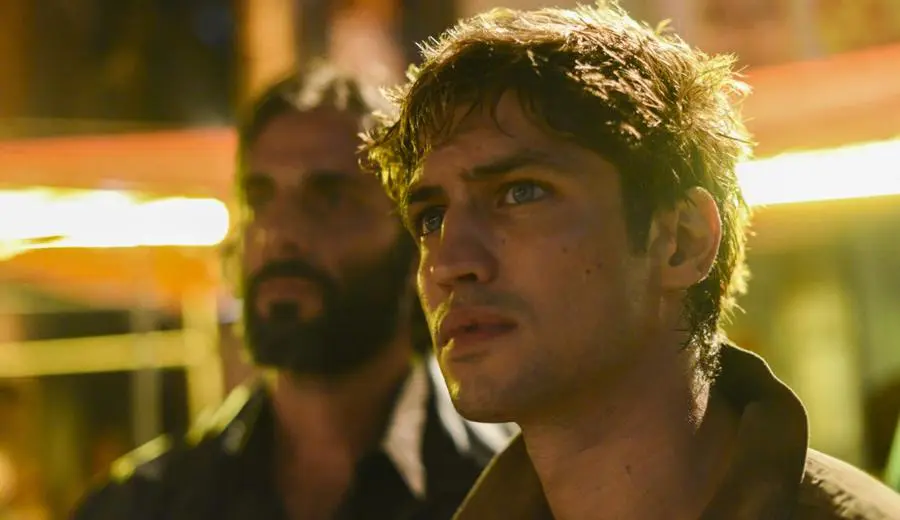Summary
Dom is an excellent, powerful crime saga that doubles as a study of addiction and a tortured father-son bond across multiple time periods.
This review of Dom season 1 is spoiler-free.
Apparently based on a true story, Amazon’s clearly undermarketed new Brazilian crime saga Dom is well-worth checking out this weekend. Eight meaty episodes explore the horrors of addiction and the complexity of a strained father-son bond against the backdrop of a near-lawless Rio de Janeiro, across several time periods. With all its capital-T Themes and structural flourishes, this should be an insufferably arty drama, but Brazilian filmmaker Breno Silveira’s gritty, unapologetic approach would make it the weekend’s standout offering if it wasn’t for Netflix’s excellent Sweet Tooth hogging all the limelight.
Telling the story of young addict Pedro (Gabriel Leone), the son of undercover copper Victor Dantas (Flavio Tolezani), whose earliest exploits might very well have contributed to the proliferation of deadly narcotics around Brazil, Dom gets at Rio’s extremes of wealth disparity, history of military dictatorship, and fraught politics, social and otherwise. The conceit of parallel storylines is made clear early and remains effective throughout, juxtaposing Pedro’s rise to the head of a rich-robbing gang of bandits with his personal downfalls into the rabbit hole of addiction, and Victor’s efforts at cracking open a ring of illicit trading with his past facilitating the very same. I’m not familiar with the newspaper headlines from which this story apparently draws inspiration, but little about it feels unlikely.
That Dom season 1 retains such tight storytelling fundamentals is impressive given how frequently it jumps back and forth through time. This technique is important, though, in highlighting the obvious similarities between Pedro and Victor’s experiences, and the cause and effect of both their exploits. Victor’s experiences undercover in the ‘70s might have facilitated Pedro’s drug addiction in a roundabout way, but Pedro’s exploits in the present day threaten to undermine Victor’s efforts to redress the balance by exposing dangerous criminal activities. It’s adroit storytelling that, despite frequent and explicit nudity and violence, never tips too far into obvious, lurid sensationalism.
Any excess – and there’s plenty – is obviously intentional. Dom is as much about crime in Rio as it is about the phenomenon of addiction and how intimately the latter is tied to the former. It’s about inescapable cycles and the past begetting the future; about a father and son who went their separate ways but share an undeniable bond and love. This is proper edge-of-your-seat television. Hopefully, it attracts some eyeballs.




